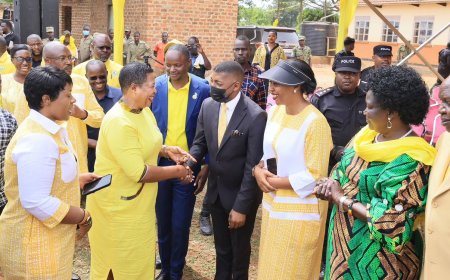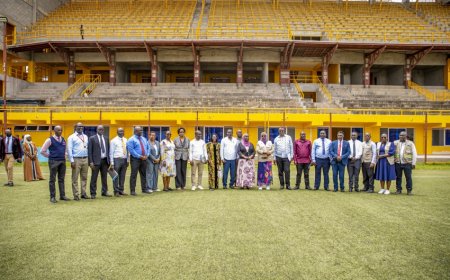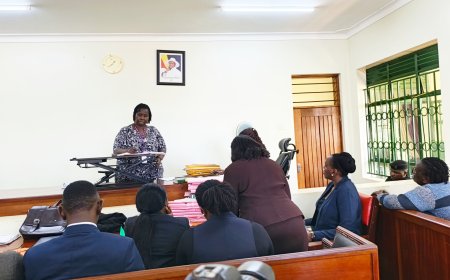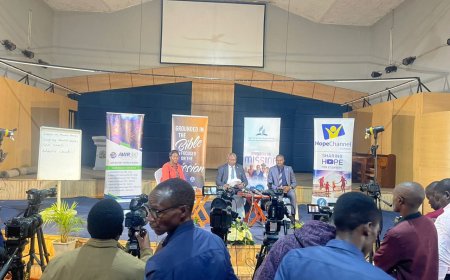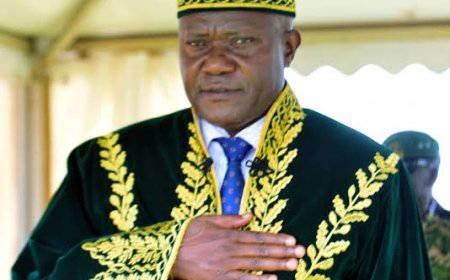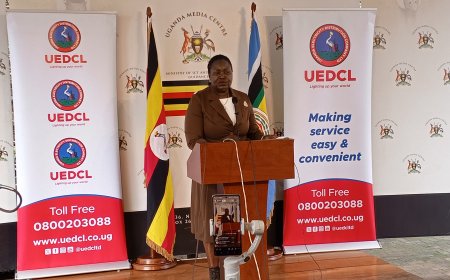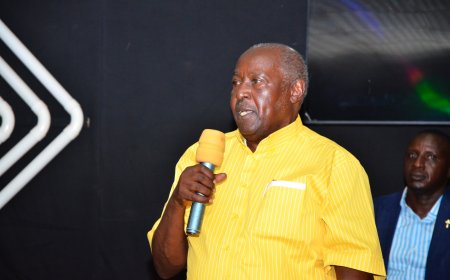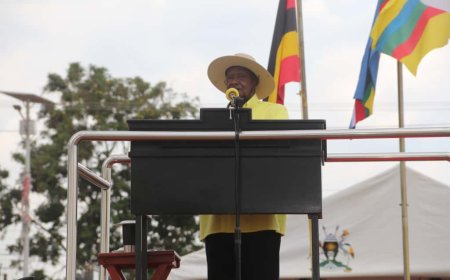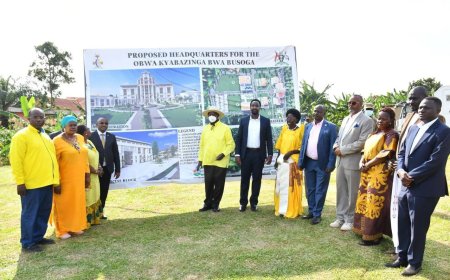Lands Ministry Launches Registration and Monitoring Digital System to Ease Service Delivery and Curb Land Fraud.
This is a huge step towards promoting transparency, reducing time spent on processing land related requests, and increasing convenience for all Ugandans.
The Ministry for Lands Housing and Urban Development has unveiled a digital system (National Land Information System) to help Ugandans in the entire country access land information on titles and parcels from the Uganda National Lands Information System Database at a minimum search fee of 10.000 Ugx.
The development comes in partnership between the government of Uganda and the World bank who have been strong supporters of the initiative.
The NLIS system also focuses on addressing other land complaints such as size and boundaries of a specific land area especially between parties as it gives room for extraction or download of the original mappings, status of land transactions and verification of parcels.
Wednesday in Wakiso, the State Minister for Lands Housing and Urban Development, Hon. Sam Mayanja, presiding over the launch, commended the partners of Competitiveness and Enterprise Development Project (CEDP), World Bank for continuous engagements with the government of Uganda towards realization of not only for the new land digital system but also in other several government departments.

According to the Minster, “This Government initiative of the Online Portal is implementing Article 41 of the Constitution which provides for access to Information to citizens. The online portal is a new innovation that enhances service delivery by making it easy for Ugandans to access land information in an instant way using information technology. The Public Portal eases doing business in Uganda by taking land services closer to the land owners and users. This is being done to transform service delivery in Uganda’s Land sector.”
I believe that the commissioning of this Public Portal will achieve transparency and good land governance and respond to citizens' information requests instantly. Citizens in the country and those in the diaspora can access this portal, the database users shall be required to register in a very simple and automatic way. The searches performed for registered users shall allow for fast access to accurate information on the ownership, encumbrances and location of land, he said.
Mayanja, however added that other web portal benefits include a reduction on interfacing with staff some of whom have been purportedly accused of corrupt tendencies and delays in providing Land related information for decision making.
Ms. Dorcas Okalanyi, the permanent secretary of the lands ministry says, when they look back on the Ministry's efforts towards modernizing land administration, several key interventions stand out. One of the most impactful has been the decentralization of their services to 22 Ministry Zonal Offices (MZOs) across the country.
This decentralization has brought their services closer to the people, ensuring that citizens no longer need to travel long distances to access land-related services. Every one of these offices is equipped with the National Land Information System (NLIS), which has revolutionized how they manage and deliver land services, she noted.

In lengthy comments, Okalanyi mentioned that the National Land Information System (NLIS) has been a game changer. “It has brought efficiency, transparency, and convenience to the public.” Fraud, which had plagued the land sector for years, has significantly reduced due to this digitization. The integration of the NLIS with other government agencies such as the National Identification and Registration Authority (NIRA), Uganda Revenue Authority (URA), National Environment Management Authority (NEMA), Uganda National Roads Authority (UNRA), and many others has created a seamless flow of information, making fraud much harder to perpetuate.
“Additionally, I am pleased to announce that under the NLIS, certificates of customary ownership will now be printed, ensuring that the rights of all landowners, including those in customary areas, are recognized and documented. This will bring about a new level of security for landholders across the country, further empowering rural communities and promoting fairness in land ownership,” she included.
This is a huge step towards promoting transparency, reducing time spent on processing land related requests, and increasing convenience for all Ugandans.



